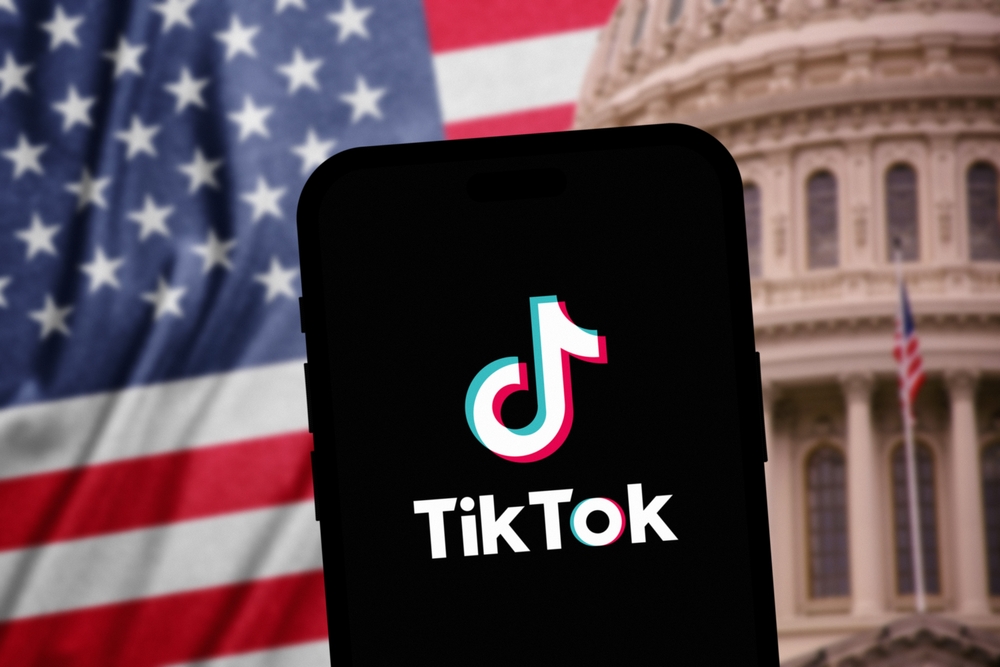The US Supreme Court is set to hear a crucial case on January 19 concerning the potential alienation of TikTok’s American operations for national security reasons. If China’s ByteDance, the parent company of TikTok, does not agree to the American government’s conditions, the social network could face a shutdown in the United States. This case comes after months of increasing scrutiny over TikTok’s data security practices, with the government raising concerns about the potential for Chinese government influence on the app. Donald Trump has been a vocal supporter of measures to restrict TikTok’s operations, further complicating the situation.
Trump’s Support for TikTok During Campaign
In a recent statement, Donald Trump expressed his favorable stance on TikTok, citing the significant engagement his election campaign gained from the app. Speaking to a group of supporters in Arizona, the US president-elect revealed that during his campaign, his content on TikTok saw a massive surge in views, claiming billions of views and more. Reflecting on this success, Trump admitted that the spike in popularity made him consider keeping his presence on the platform. “Maybe I should leave it for a while,” he said, acknowledging the power of TikTok in amplifying his message.
Just a week ago, Trump had a meeting with the head of TikTok and shared his positive outlook on the platform, attributing it to the strong audience support he received during the campaign. Despite TikTok’s assurances that it is not under the control of the Chinese government, the US government is firm on its stance. In April, the US passed a law demanding that ByteDance either sell or spin off its American business by January 19, or face a nationwide ban on TikTok.
US Government’s Stance on Data and Security
Although TikTok claims to have no connections with the Chinese government, the US has continued to press for more stringent controls. The company stores and processes US user data in Oracle’s cloud infrastructure, and TikTok has also implemented content moderation policies specific to American users. However, these steps have not satisfied US officials. Despite these precautions, concerns about data security and foreign influence remain prominent.
As the January 19 deadline approaches, TikTok’s future in the US remains uncertain, notes NIXSolutions. The outcome of the case could dramatically reshape the platform’s ability to operate in one of its largest markets. While Trump will not officially take office until January 20, his influence in this matter may already have an impact. Yet we’ll keep you updated as more integrations become available, and as the case unfolds in the Supreme Court.

